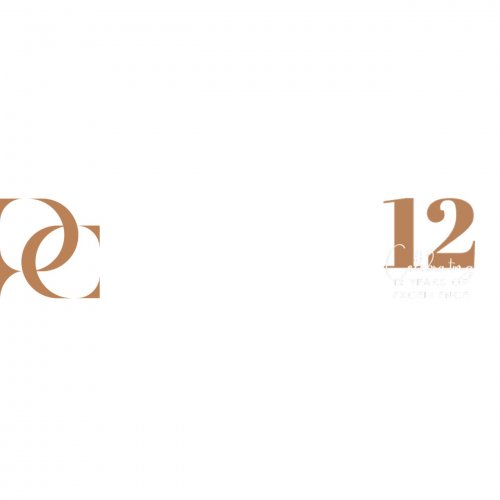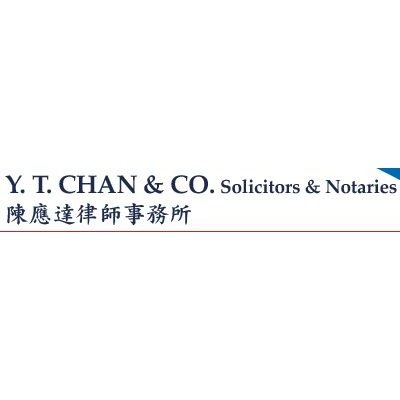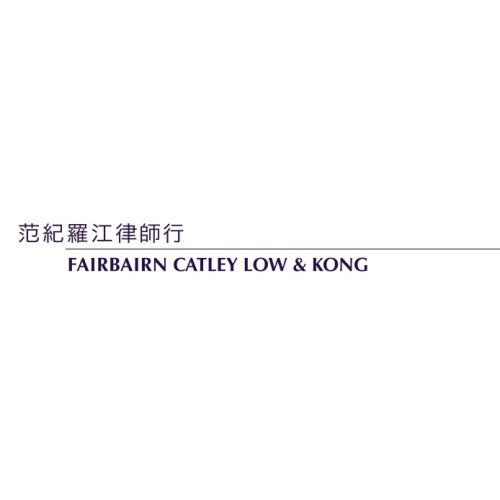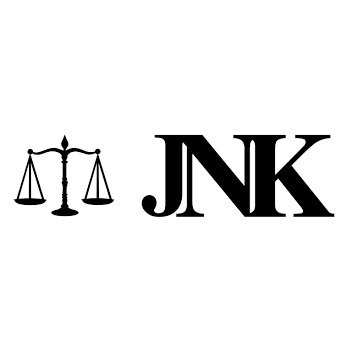Best Probate Lawyers in Hong Kong
Share your needs with us, get contacted by law firms.
Free. Takes 2 min.
Or refine your search by selecting a city:
List of the best lawyers in Hong Kong
About Probate Law in Hong Kong
Probate law in Hong Kong governs the legal process by which a deceased person's estate is administered. This involves proving the validity of the will, appointing an executor or administrator, and distributing the assets according to the deceased's will or the laws of intestacy if no valid will exists. Probate is an important part of estate planning and legal succession, ensuring that a person's wishes regarding their estate are honored and that the property is distributed fairly among beneficiaries.
Why You May Need a Lawyer
There are several situations where individuals may seek legal advice in the field of probate. These include:
- During the validation of a will, if there are disputes or doubts about its authenticity.
- When there is no will, and the estate is subject to intestacy laws.
- If there are complications in the distribution of assets or disagreements among beneficiaries.
- For guidance on managing complex estates, including those with significant liabilities or foreign assets.
- During the probate filing process, which can involve intricate documentation and legal formalities.
- In matters where the estate involves minors or incapacitated individuals requiring legal guardianship.
Local Laws Overview
Probate in Hong Kong is governed primarily by the Probate and Administration Ordinance (Cap. 10) and related regulations. Some key aspects include:
- The requirement to obtain a Grant of Probate or Letters of Administration from the Probate Registry for estate distribution.
- The rules of intestacy apply when the deceased did not leave a valid will, which dictates the hierarchy of relatives entitled to inherit.
- Legal obligations of executors and administrators to settle debts before distributing assets to heirs.
- Specific procedures for dealing with estates involving overseas assets or beneficiaries residing abroad.
Frequently Asked Questions
What is a Grant of Probate?
A Grant of Probate is a legal document issued by the Probate Registry that confirms the executor's authority to manage and distribute the deceased's estate according to the will.
What happens if there is no will?
If there is no will, the estate is distributed according to the laws of intestacy, which set out the order of priority among surviving relatives.
Who can apply for probate?
Typically, the executor named in the will applies for probate. If no executor is named or the executor is unwilling, a beneficiary or creditor can apply for Letters of Administration.
How long does the probate process take?
The duration varies depending on the complexity of the estate and whether there are any disputes. It can take several months to a year or longer if contested.
Are there any fees involved in obtaining probate?
Yes, there are court fees and other charges related to obtaining a Grant of Probate or Letters of Administration. Legal fees may also apply if you choose to hire a lawyer.
Can a will be contested?
Yes, a will can be contested on grounds such as lack of capacity, undue influence, or that it wasn't executed properly according to legal standards.
What is an Executor’s duty?
The executor's duty involves collecting the estate's assets, paying outstanding debts, and distributing the remaining assets to beneficiaries as per the will or intestacy laws.
What are Letters of Administration?
Letters of Administration are issued when there is no will, granting the administrator the right to manage and distribute the estate.
What's the role of the Probate Registry?
The Probate Registry is a division of the High Court in Hong Kong that handles all probate matters and issues Grants of Probate or Letters of Administration.
How is inheritance tax handled in Hong Kong?
Currently, Hong Kong does not impose any inheritance tax on the transfer of assets upon death.
Additional Resources
Several resources can provide additional information and assistance in probate matters in Hong Kong:
- The Hong Kong Probate Registry, which handles the administration of estates and issues necessary legal documents.
- The Law Society of Hong Kong provides a list of qualified probate lawyers and additional legal guidance.
- Community Legal Information Centre (CLIC) offers free online resources on various legal topics, including probate.
- District Offices and Community Centers sometimes have programs or services that may assist with general legal advice.
Next Steps
If you require legal assistance with probate in Hong Kong, consider taking the following steps:
- Consult with a solicitor who specializes in probate and estate law to understand your legal obligations and rights.
- Prepare all necessary documents, including the deceased person's will (if available), death certificate, and a list of assets and liabilities.
- File an application for a Grant of Probate or Letters of Administration with the Probate Registry.
- Plan for potential estate expenditures, including legal, administrative, and any outstanding debts of the estate.
Taking prompt action and seeking professional guidance can help manage the probate process efficiently and ensure compliance with local laws and regulations.
Lawzana helps you find the best lawyers and law firms in Hong Kong through a curated and pre-screened list of qualified legal professionals. Our platform offers rankings and detailed profiles of attorneys and law firms, allowing you to compare based on practice areas, including Probate, experience, and client feedback.
Each profile includes a description of the firm's areas of practice, client reviews, team members and partners, year of establishment, spoken languages, office locations, contact information, social media presence, and any published articles or resources. Most firms on our platform speak English and are experienced in both local and international legal matters.
Get a quote from top-rated law firms in Hong Kong — quickly, securely, and without unnecessary hassle.
Disclaimer:
The information provided on this page is for general informational purposes only and does not constitute legal advice. While we strive to ensure the accuracy and relevance of the content, legal information may change over time, and interpretations of the law can vary. You should always consult with a qualified legal professional for advice specific to your situation.
We disclaim all liability for actions taken or not taken based on the content of this page. If you believe any information is incorrect or outdated, please contact us, and we will review and update it where appropriate.
Browse probate law firms by city in Hong Kong
Refine your search by selecting a city.
















